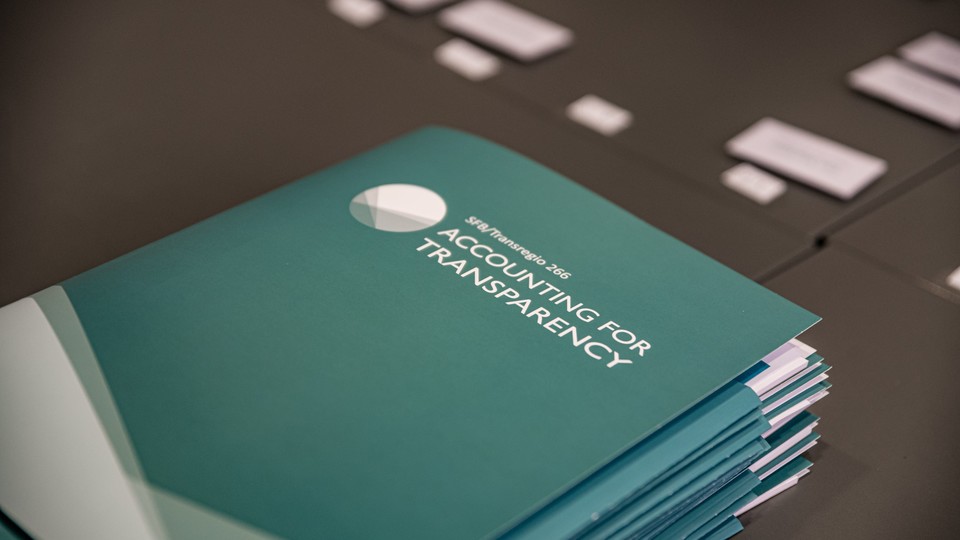GBP Monitor: Companies in Germany Are Reluctant to Adapt to the Digital Age

The property tax reform in Germany affects not only private households but also companies. The reform was designed to revaluate property, and, at the same time, to allow for a digitized and thus more efficient property tax law. Relevant public data such as the standard land value are, to a certain extent, provided electronically and the property tax return must be submitted electronically via the Elster portal of the tax authorities.
As the new survey of the German Business Panel shows, however, the property tax reform does not give rise to quick digitalization measures at German companies: More than half of the companies affected by the reform do not plan to implement digital transformation projects in connection with the reform. 63 percent of the companies owning up to nine real estate properties do not plan to do so. And even most of the companies owning more than 100 real estate properties do not strive to implement such measures – although they would greatly benefit from electronic processes. 57 percent of these companies say that they have no plans for such projects. Only the companies owning at least ten and no more than 99 real estate properties are more active: 38 percent of them plan extensive measures including the creation of new digital interfaces.
“We were surprised that the companies with a great real estate portfolio are not investing more in digitalization”, says Professor Johannes Voget, holder of the Chair of Taxation and Finance. “We would have expected that these companies in particular strive to design their processes as efficiently as possible and automate data collection and processing,” says the co-director of the study. The data are to be re-submitted every seven years.